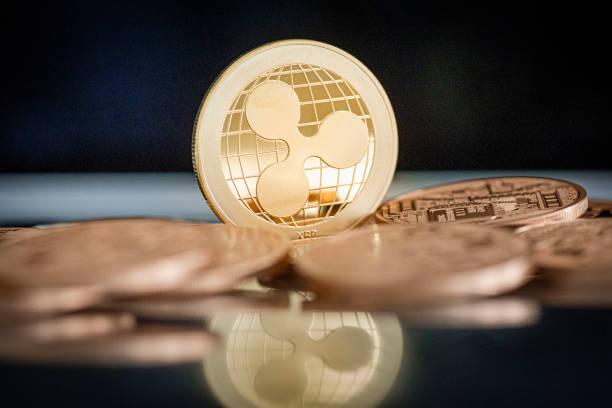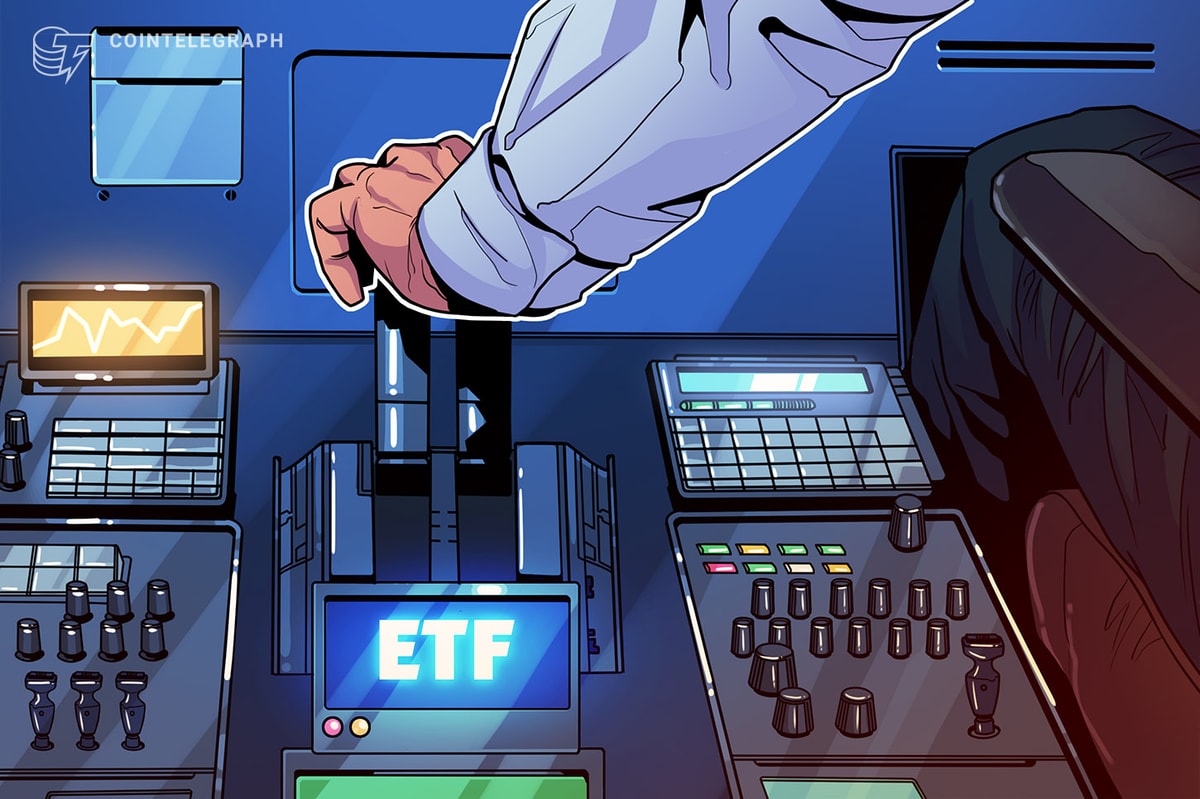Decentralized exchange Uniswap has surpassed $2 trillion in all-time trading volume, notching the milestone five and a half years after it launched in November 2018.
Uniswap reached the $2 trillion milestone at around 11:55 a.m. UTC on April 5, according to data tracked by a Dune Analytics dashboard compiled by Uniswap's strategy and operations lead, Zach Wong.

Uniswap Labs first notified the community of the incoming milestone at 6:00 pm UTC on April 4, where it expected $2 trillion to be reached sometime within the next 24 hours.
For perspective, Uniswap’s $2 trillion in trading volume is larger than Australia, Brazil and South Korea’s gross domestic product — a measure of the market value of finished goods and services produced within an entire country.
For a bit of fun, Uniswap Labs also said it would transfer $200 in USD Coin (USDC) to the first person who records and sends the firm a video clip refreshing the Dune Analytics dashboard showing Uniswap’s trading volume tick over to $2 trillion.

The trading volume figure is taken from the several blockchains that support Uniswap, which include Ethereum, Polygon, Optimism, Arbitrum, Celo, BNB Chain, Base, Blast, and the Avalanche Network.
Related: Uniswap (UNI) price gains 50% after fee-sharing governance proposal
Launched in November 2018, Uniswap took 42 months to breach the $1 trillion milestone in trading volume in May 2022.
It took less than 24 months to surpass the second trillion, despite facing increased competition in the DEX space. DEXs are mainly used to facilitate token swaps without an intermediary via smart contracts.
Cointelegraph reached out to Uniswap Labs but didn’t receive an immediate response.
Uniswap remains by far the largest DEX by trading volume, having amassed $21.6 billion over the last week alone, according to a Dune Analytics dashboard by one of the platform’s founders, Fredrik Haga.
PancakeSwap — a fork of Uniswap — is second at $9.6 billion, while Curve, Balancer and Trader Joe round out the top five with volumes between $1.8 billion and $800 million.
Magazine: Ethereum’s ERC-20 design flaws are a crypto scammer’s best friend











